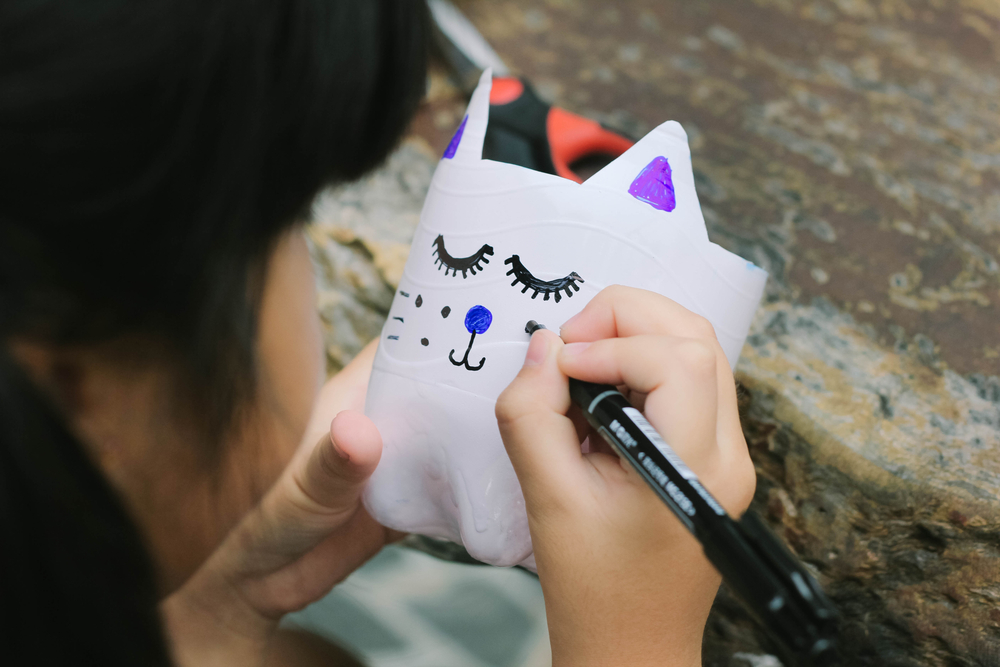Vocabulary expansion Our Planet and Environment Worksheets for Ages 3-9
6 filtered results
-
From - To
Explore our engaging "Vocabulary Expansion: Our Planet and Environment Worksheets" designed for children aged 3 to 9! These fun, educational resources foster a love of learning while broadening your child's vocabulary related to environmental concepts. Our worksheets encourage creativity and critical thinking through interactive activities that help young minds explore topics like habitats, wildlife, and conservation. With age-appropriate designs, children will enjoy identifying words and themes as they connect with the world around them. Ideal for both classroom and home use, these worksheets support early literacy development and promote environmental awareness. Start nurturing your child's linguistic skills today with our vibrant materials!
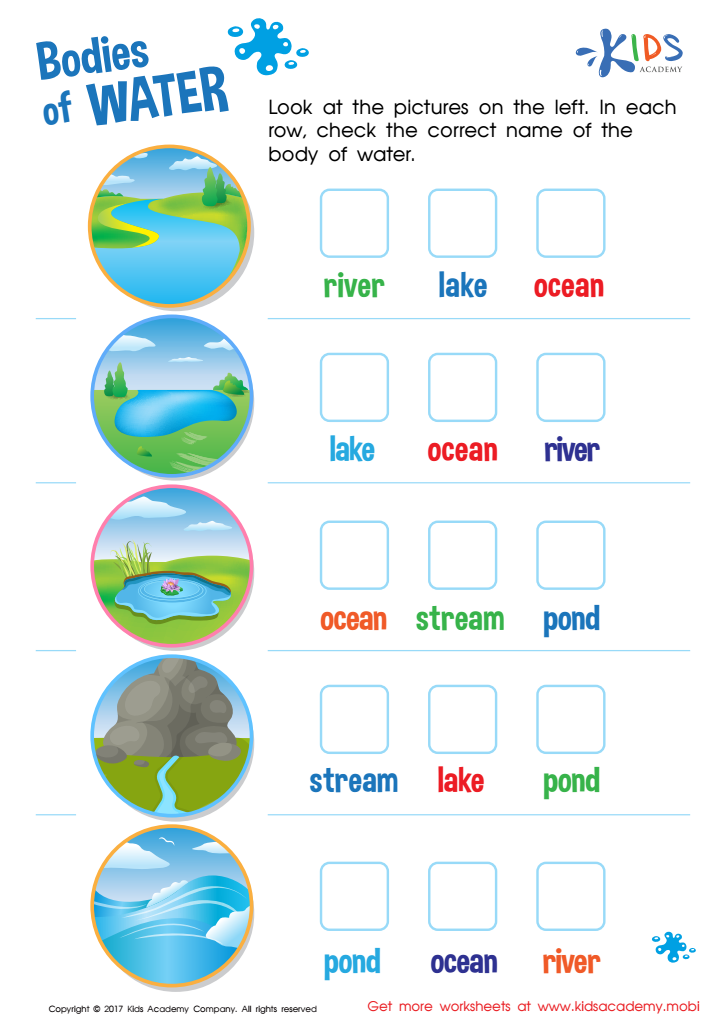

Bodies of Water Worksheet
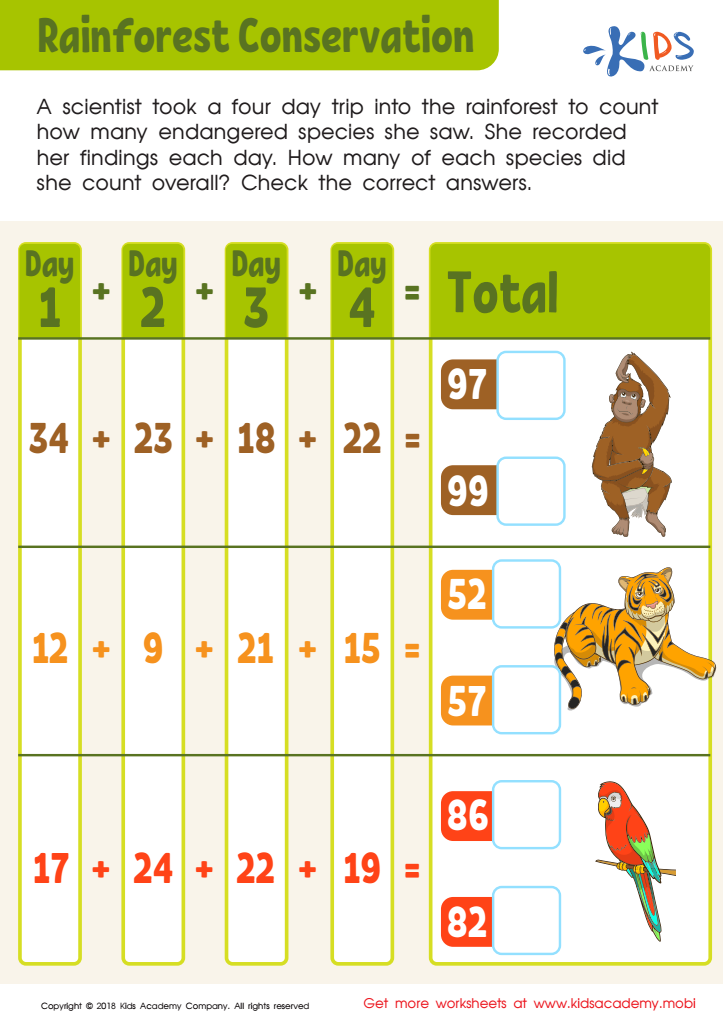

Rainforest Conservation Worksheet
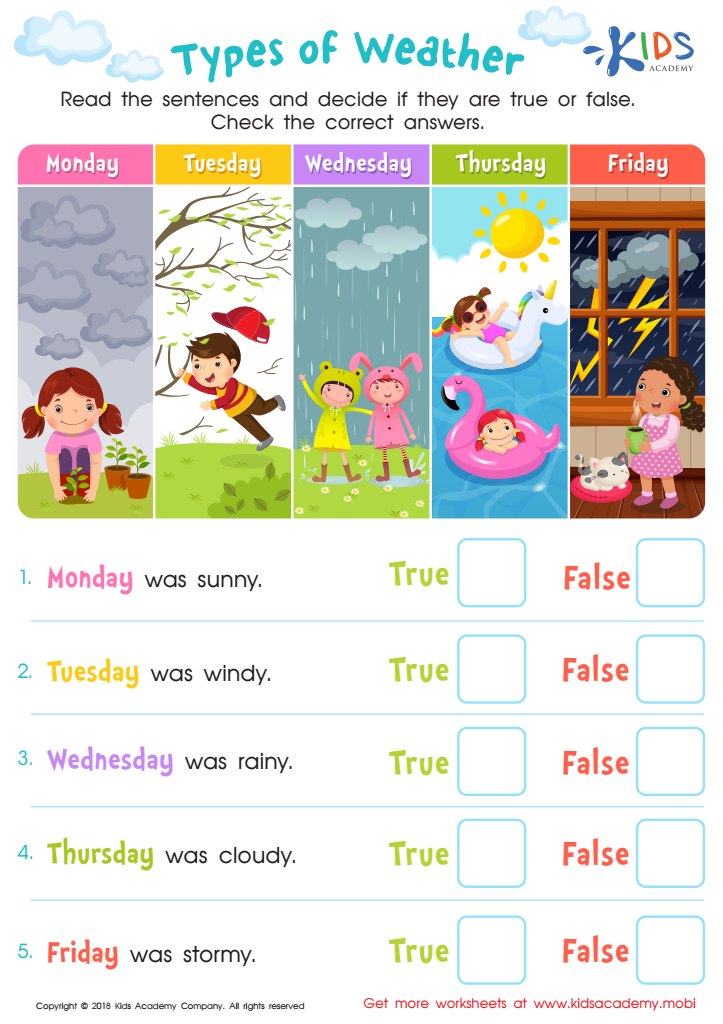

Types of Weather Worksheet
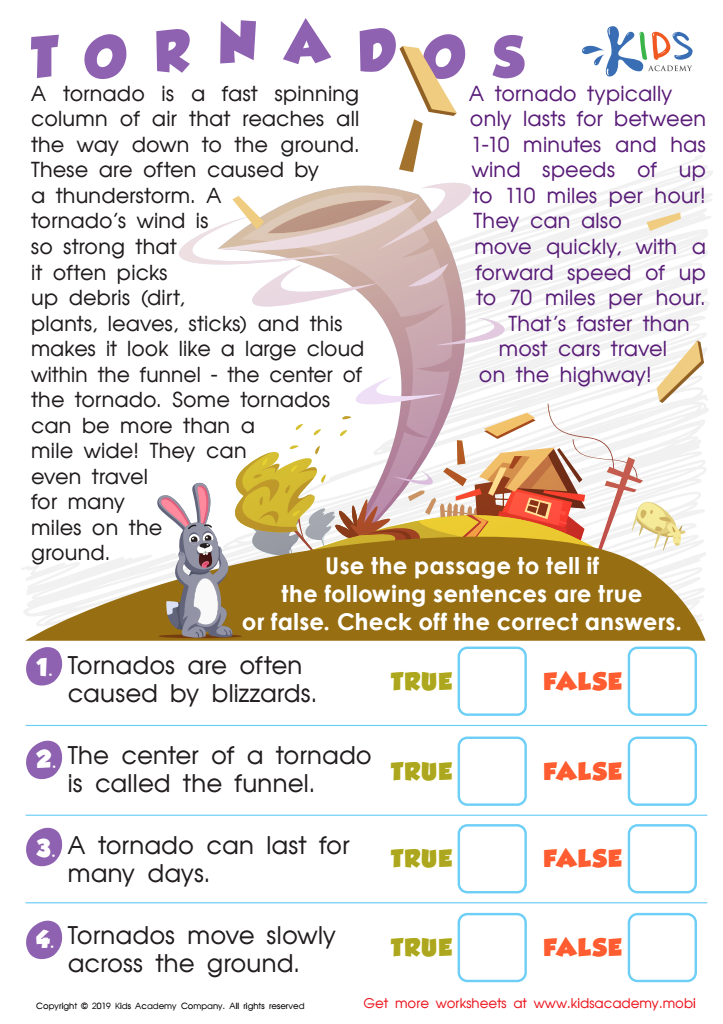

Tornados Worksheet
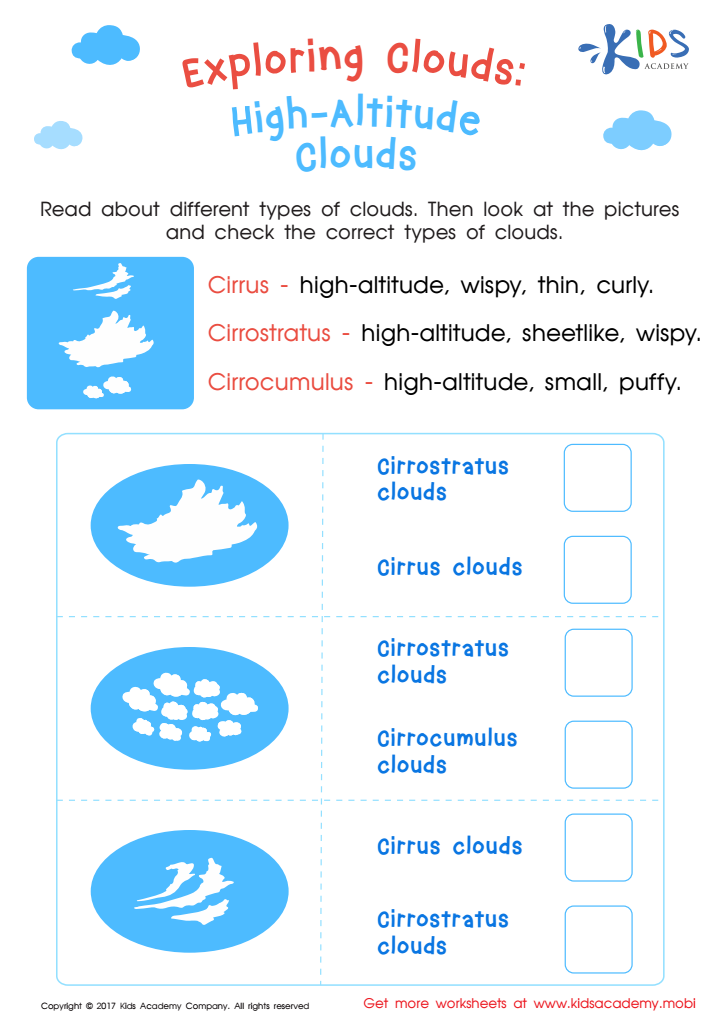

Exploring Clouds: High Altitude Clouds Worksheet
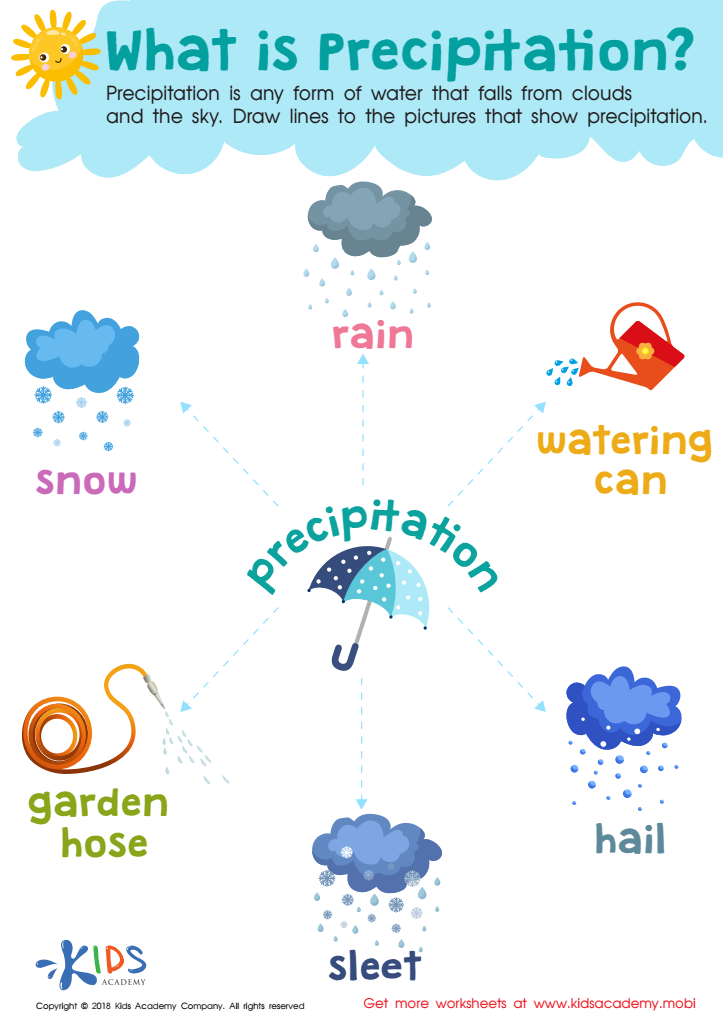

What Is Precipitation? Worksheet
Vocabulary expansion in the realm of "Our Planet and Environment" is crucial for children aged 3-9, as it fosters not only language skills but also awareness and appreciation of the world around them. At this formative stage, children are naturally curious and eager to learn about their surroundings. By introducing vocabulary related to the environment—such as "ecosystem," "recycle," "habitat," and "pollution"—parents and educators can help them articulate thoughts and feelings about critical global issues.
Understanding these concepts allows children to develop a sense of responsibility towards the environment. It empowers them to engage in conversations about sustainability and conservation,setting the groundwork for them to become informed, compassionate individuals in their communities. Additionally, a rich vocabulary enhances cognitive development and literacy skills, paving the way for better communication and comprehension across subjects.
Moreover, early exposure to environmental vocabulary promotes critical thinking and encourages children to ask questions, think creatively, and find solutions to the challenges facing our planet. By emphasizing vocabulary related to "Our Planet and Environment," parents and teachers play a pivotal role in shaping a generation that is not only articulate but also actively engaged in caring for their world.
 Assign to My Students
Assign to My Students



